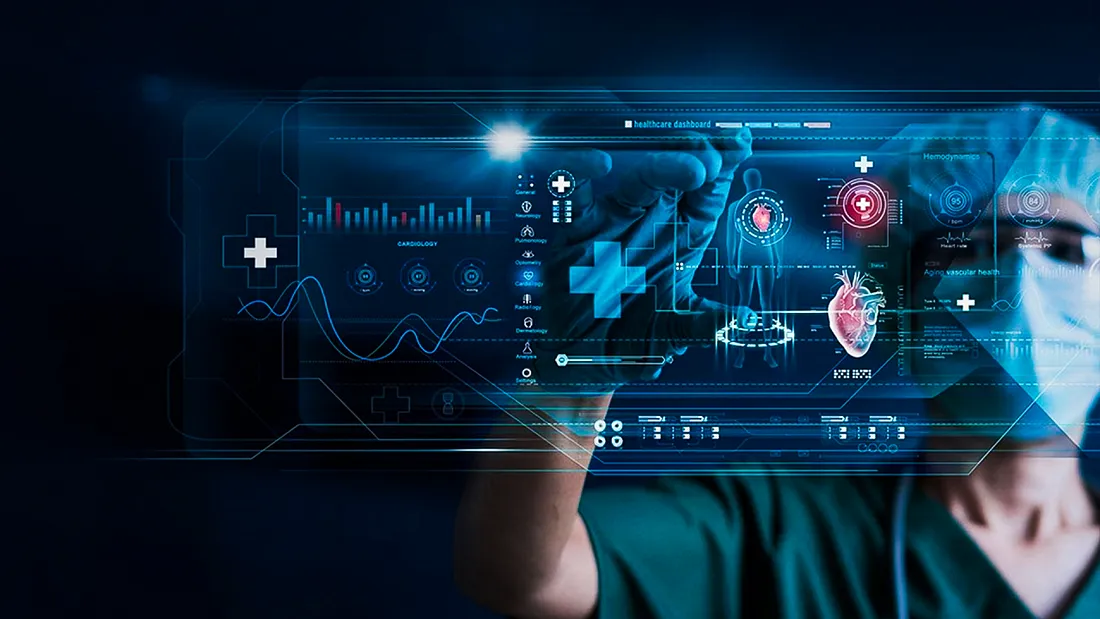
You stop being a diagnosis and start becoming a profile with layers deeper than symptoms
The old way grouped people by condition. Diabetes. Asthma. Cancer. One label, one plan. But people are messier than categories. One diabetic may respond to a drug instantly. Another may react poorly. Same disease, different lives. Personalized medicine notices that. It listens. Not just to symptoms, but to stories. Not just what hurts, but why, when, and how it moves. You become more than a chart. You become a map.
You hear about genes and realize treatment can now begin with what you’re born carrying silently
A cheek swab. A blood sample. And suddenly, the conversation shifts. Doctors talk about mutations. Enzyme levels. Drug sensitivity coded into your DNA. You didn’t choose these codes. But they shape how you heal. Pharmacogenomics becomes a word you learn. Your genes guide which drugs work, which fail, which harm. No more guessing. No more trial and error. Just direction from within your own biology.
You see that even diet plans can now be built around what your body absorbs and stores
You always thought calories were enough. That protein meant protein. But now you learn otherwise. Your metabolism isn’t general. It’s personal. Your gut bacteria. Your blood type. Your insulin response. All affect how you digest the same banana someone else eats easily. Personalized nutrition doesn’t just change food—it changes how food talks to your cells.
You realize early detection doesn’t always mean expensive scans—it might mean a tiny blood test
Liquid biopsies change the game. One vial. One lab. Markers whisper before symptoms scream. Cancer cells shed fragments. Proteins shift. Your blood starts telling stories before pain begins. For conditions like colon, lung, or breast cancer, early warning no longer means visible signs. It means listening at the molecular level. That’s not future. That’s now.
You wonder why your friend’s medication works while you deal with nothing but side effects
Same pill. Same dose. Different body. You experience fatigue. Dizziness. They feel fine. Personalized medicine doesn’t blame you—it explains you. Your liver metabolizes differently. Your receptors fire stronger. Your blood carries drugs faster or slower. Now, dosing isn’t one-size. It’s your size. Algorithms match your response. It’s not just safer—it’s kinder.
You see mental health shift from general labels to specific neurochemical fingerprints
Anxiety isn’t always serotonin. Depression isn’t always dopamine. Your brain might respond better to something unexpected. New tests now explore neurotransmitter balance, genetic variations in response to SSRIs or mood stabilizers. Psychiatry starts feeling less like a guessing game. You don’t rotate medications endlessly. You start closer to what might actually help.
You notice cancer treatment no longer just targets the tumor—it targets what drives its growth
Oncologists talk about targets, not just tissues. Breast cancer isn’t just breast cancer. It’s HER2-positive or not. It’s BRCA1 or not. One woman needs chemo. Another gets hormone therapy. Another responds best to immunotherapy. Your cancer’s fingerprint directs the plan. You don’t fight blindly. You fight smart. You fight based on data drawn from the enemy itself.
You hear words like ‘biomarkers,’ ‘pathways,’ and ‘genomic sequencing’ and feel overwhelmed, but also hopeful
It sounds technical. Even robotic. But these words mean something beautiful—they mean you’re being seen at levels never accessed before. Not just how you look. Not even just how you feel. But how your cells function. How your chemistry dances. How your illness bends around your DNA. That complexity is overwhelming. But also deeply respectful. You’re no longer averaged. You’re read.
You realize even prevention changes when your risk isn’t assumed—it’s measured in your molecules
You’re not told “you might get it.” You’re told your BRCA status. Your APOE gene. Your inflammatory markers. Now, your future isn’t a cloud—it’s a forecast. Doctors act before storms. You take steps earlier. Not out of fear. But out of precision. Prevention becomes partnership. You walk ahead of illness, not behind it.
You stop asking, “What do most people do?” and start asking, “What’s right for me?”
The shift is subtle. But powerful. You no longer follow crowds. You follow data shaped by your biology, your habits, your family, your lived life. Personalized medicine empowers you to become a participant. Not just a patient. You don’t just take orders. You help build them.
